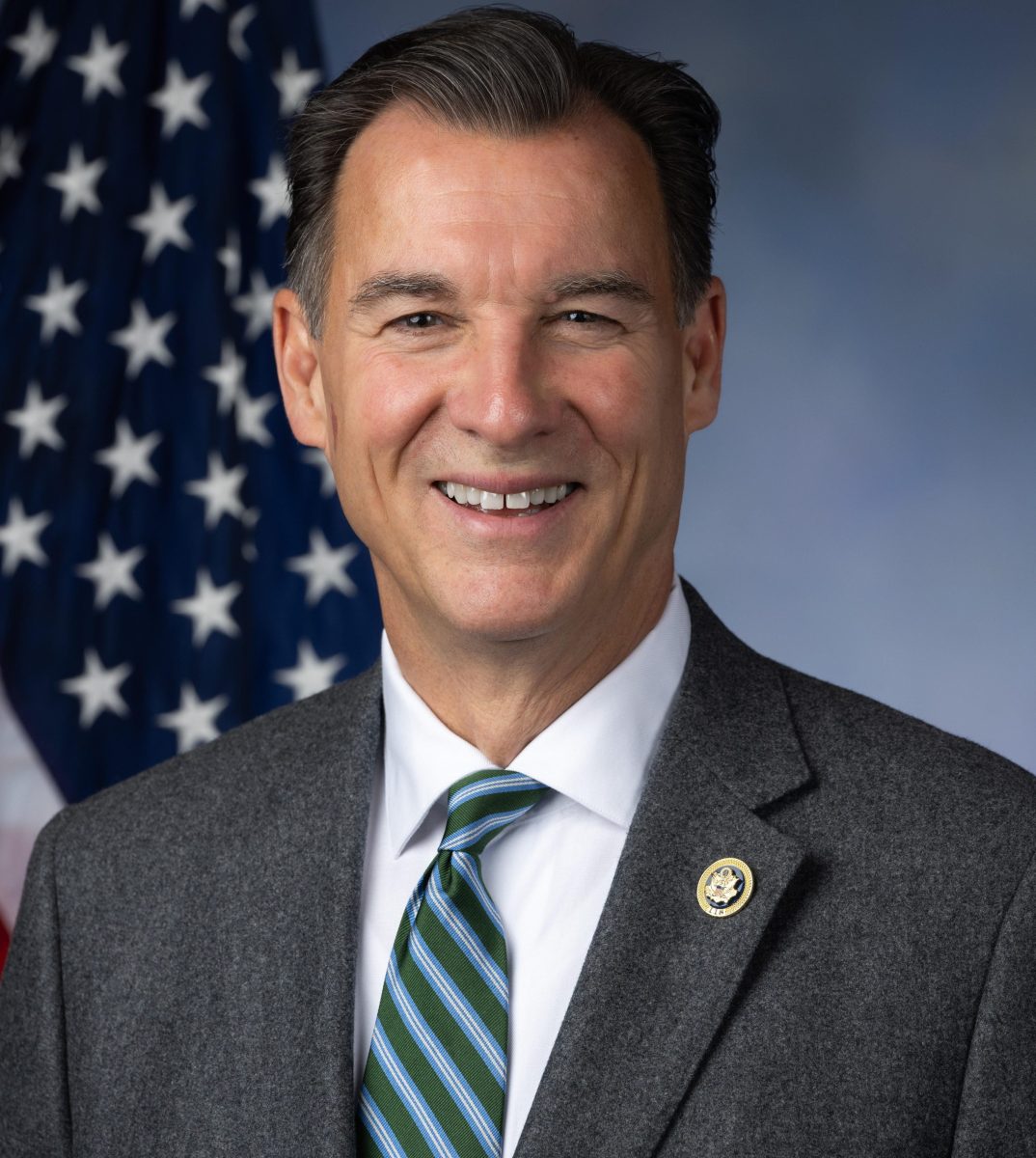President Trump’s recent announcement of a new round of tariffs and subsequent pausing of a portion of them do not appear to be well thought out. Like many Americans—especially retirees, business owners, and families living paycheck to paycheck—I’m left asking one basic question: What is the plan?
While not all tariffs are bad, the best are narrow and have a plan to accomplish a clear set of goals, for example, retaliating against strategic adversaries, protecting an industry we are trying to build or rebuild in America, or raising revenues. With these, the most
significant tariffs ever announced, there was no clear explanation from the president or his team.
No roadmap. No goals. Just a unilateral move with immediate consequences for working Americans. We know this: prices are going up; the stock market is down, and our allies are wondering why they are being treated the same as our adversaries. That’s a problem!
According to The Wall Street Journal, these tariffs are equivalent to a $6 trillion tax hike on the middle class and those aspiring toward the middle class. That’s the complete opposite of what the American public has been asking for – lower prices.
These tariffs raised the cost of imported goods and parts, and those costs were passed on directly to consumers and small businesses.
The president promised to end the “inflation crisis rapidly.” In his inaugural address, he told the American people he would mobilize the full power of the federal government to fight inflation.
Just hours later, at a rally, he doubled down on that pledge. These tariffs are contrary to his campaign and inauguration promise to lower prices. Tariffs are inherently inflationary.
In addition to higher prices for Americans, we have pushed away our allies and treated them no differently than our adversaries. Instead of working with our allies, we hit them with the same harsh measures we should reserve for strategic competitors like China.
In doing so, we risked pushing the world away from our sphere of influence and toward Beijing.
None of this was theoretical. It was real life. I had a constituent call me this week. He runs a small company that makes medical devices.
Some of his component parts come from overseas. Because of the tariffs, he faced a 50% increase in production costs, which
meant he had to raise prices to stay afloat.
I had another call from a retiree who relies on dividends and savings—she was watching the market tumble and wondering how she'd make ends meet.
These weren’t isolated stories. This happens when the government acts impulsively, without a strategy, and without input from Congress or the American people.
Now, I want to be clear: I believe in American manufacturing. I believe in bringing jobs back home. I believe in competing with China. Tariffs, when used correctly, can be part of a broader strategy.
We need a smart, targeted approach. For example, the Biden Administration increased tariffs on China while helping pass the bipartisan CHIPS Act, which encouraged semiconductor manufacturing plants and all the high-skill, high-tech, high-paying jobs to return to the United States, including a massive investment in New York State.
We should focus on bringing critical supply chains back to America. During COVID, we learned that America lacks the ability to rely on our foreign partners during a crisis to supply us with semiconductors, pharmaceuticals, and protective medical gear. That’s not
only an economic problem but also a national security problem.
President Trump announced a 90-day pause on the tariffs this past Wednesday —except those targeting China. That pause is necessary, but it should not distract us from the need for a thoughtful, well-executed policy. We need more than a pause—we need a plan.
The president should work with Congress. Some Republicans are pushing back, and that’s a good thing. My friend and colleague, fellow Problem Solver Congressman Don Bacon (R-NE), said it well: “We’re charging countries tariffs now that had zero tariffs
against us, like Israel, for example. […] And we’re just going after Canada, which has complied with our trade agreement with them.”
That trade deal with Canada was negotiated during the prior Trump Administration.
Senator Ted Cruz (R-TX) said more concisely: “Tariffs are a tax on consumers, and I’m not a fan of jacking up taxes on American consumers.”
Democrats and Republicans in Congress have the power to stop the chaos. Together, we can build a serious, forward-looking economic strategy that meets the moment, fights inflation, grows jobs, and restores competitiveness—without wrecking household budgets
or triggering trade wars with our closest allies.
We all want a stronger, fairer economy. But we won’t get there with reckless, indiscriminate tariffs that serve as taxes and promises that ring hollow. Let’s get to work together with real leadership and real policy that delivers real results.
































